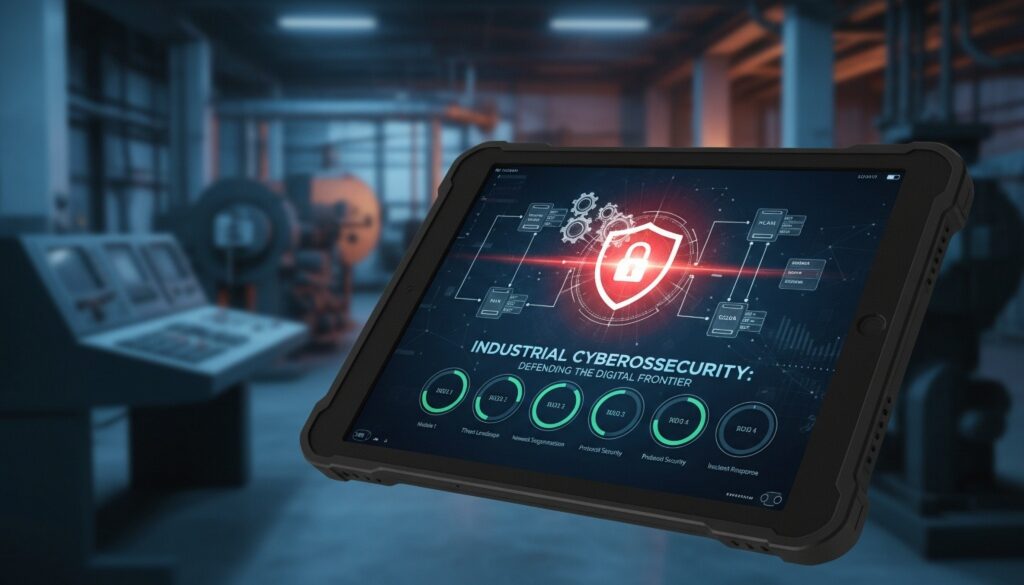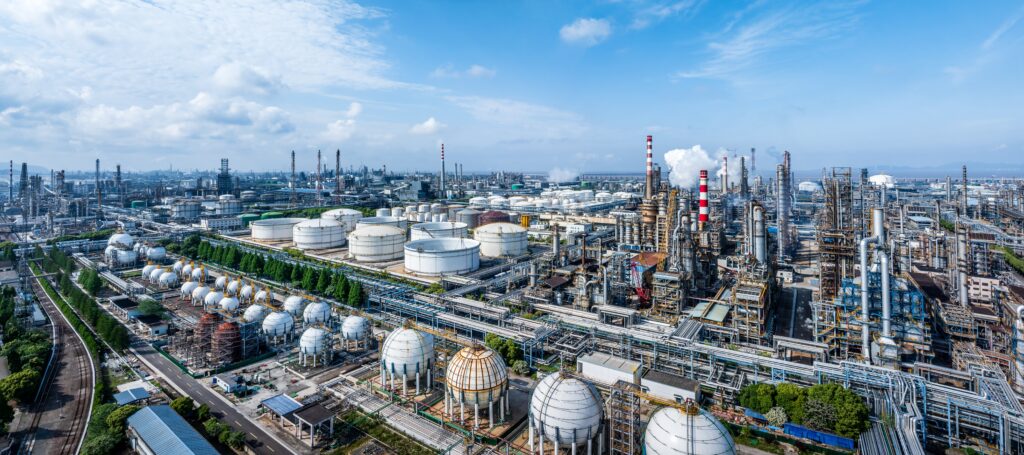In the chemicals sector, innovation and safety go hand in hand with the adoption of new technologies. This field is continuously evolving, using more precise control and monitoring systems to enhance safety, meet environmental standards, and optimize operations. Yet, embracing these technologies also means facing new security challenges.
Security in the chemicals industry is complex due to the industry’s dependence on automation and the tightly integrated nature of technology with chemical processing systems.
For example, chemical plants rely on a variety of industrial automation and control systems such as distributed control systems (DCS), safety instrumented systems (SIS), advanced control systems, batch management systems, manufacturing execution systems (MES), PLC systems, and SCADA systems, that are integrated to manage the delicate balance of chemical processes and distribution.
These systems, critical for controlling variables like temperature, pressure, level, and flow, are now interconnected with broader IT networks for data analysis and production planning. This integration, while beneficial for efficiency and decision-making, opens doors for cyber threats that could affect both safety and production.
The mix of legacy systems with modern systems within facilities poses a unique challenge. Older equipment might lack the latest security updates, making them more vulnerable to attacks. Additionally, the specialized equipment used in chemical processes often requires customized security measures, as off-the-shelf solutions may not be suitable.
Our work in the chemicals industry is about understanding the specific needs of your operation and the technologies you use. We focus on identifying potential security risks in your systems and equipment, from plant floor control systems to enterprise resource planning (ERP) integration. Our goal is to implement security that supports your operations seamlessly, without disrupting your work.
We believe in a direct approach to enhancing the security of your operations. By thoroughly assessing risks and applying targeted security measures, we aim to protect your systems from both external and internal threats. This includes ensuring your operations comply with relevant regulations and standards without compromising on efficiency or reliability.
Choosing to work with us means gaining a partner committed to the security and efficiency of your chemical processes. We offer expertise and support tailored to the unique challenges of the chemicals industry, ensuring your operations are secure and ready to meet future demands.
Learn more about how we can help you maintain safe, efficient, and compliant operations by visiting our Services page. Let’s work together to build a secure foundation for your chemical processes.
 Beyond CFATS: Evolving Chemical Industry Cybersecurity for a New Era
Beyond CFATS: Evolving Chemical Industry Cybersecurity for a New Era
CFATS played a pivotal role in shaping cybersecurity practices within the chemical industry, particularly in the realm of Industrial Control Systems (ICS) and IT/OT collaboration. Before CFATS, security measures for ICS were primarily driven by change management and basic access control. The regulation’s implementation initially caused confusion but ultimately led to the establishment of ICS cybersecurity budgets, increased awareness of cyber threats, development of vendor solutions, and recognition of the need for IT/OT collaboration. One of the most effective measures implemented under CFATS was the development of documented programs. These policies, standards, procedures, training protocols, and audit trails have built resilience within the chemical sector that persists today. Read full Case Study



